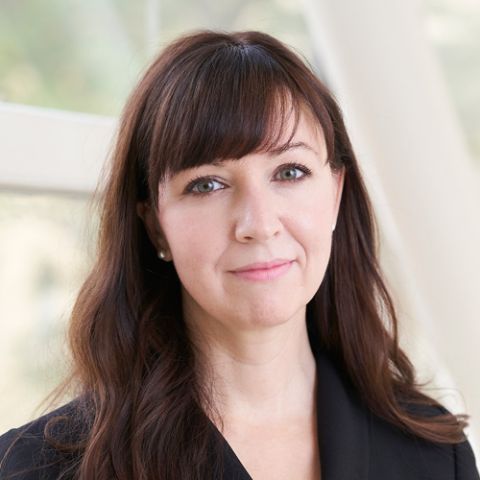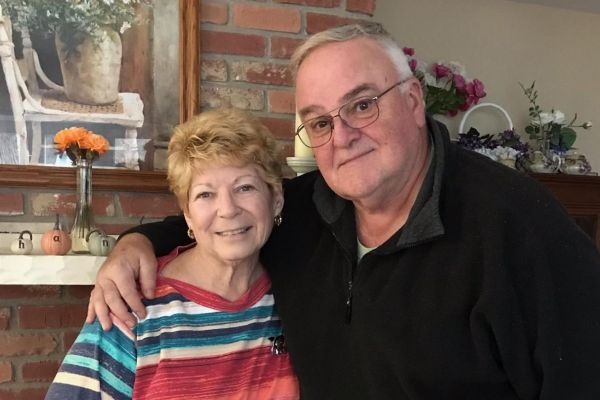Sometimes patients disagree with their doctors. When that happens, getting a second opinion is always a good idea — and sometimes it’s crucial, especially after a life-changing diagnosis, such as cancer.
Consider these scenarios, all of which contain red flags about the doctors involved:
- Your physician doesn’t give you a full, clear explanation of your pathology report, in a language you understand.
- Your physician says you don’t need a second opinion or says you’ll be dropped as a patient if you choose a particular hospital or care center.
- Your doctor pressures you to start chemotherapy or undergo surgery tomorrow. Cancer generally doesn’t require this kind of immediate action. Exceptions include acute leukemia; cases in which a tumor is compressing a vital structure, such as the heart or large blood vessels; or certain other rare conditions.
What should you do if you find yourself in one of these situations? Or what if you simply disagree with your doctor about your diagnosis, the treatment plan that has been recommended or where to undergo treatment? Whatever the reason, remember that you are your own best health advocate, and you are well within your rights to ask questions, request more information, and discuss — and disagree about — details of your care.
There are several things you can try if you are at a standstill with your physician:
- Talk with your doctor about your concerns. Expressing why you are uncomfortable and giving your doctor more detailed information about your objections will help clarify your position. Clear communication is essential to problem-solving. More information helps both you and your doctor understand each other better and reach a resolution — or at least a compromise.
- Bring someone you trust with you for the conversation. That person — a friend, relative or someone who has had cancer — can help you ask questions and express reluctance. You may also want to ask this person to take notes for you during your conversation with your doctor and to speak on your behalf, if necessary.
- Ask for more time and/or information. If you aren’t sure what to do, tell your doctor you need more time to research or discuss your diagnosis, or more information about what is being recommended, before making a decision. Be sure you understand the risks of tests or treatments, and how undergoing them will help you. Ask if you have any other options.
- Stand your ground. If you aren’t sure about the treatment that has been recommended for you, or even about a particular test, raise your concerns with your doctor and provide evidence that supports your point of view. You also can refuse to undergo the treatment or testing until later (unless you “lack capacity” to make an informed decision— i.e., your mind is impaired. In that case, you can appoint someone to be your health proxy).
Time to Get a Second Opinion
At Roswell Park, between 11% and 18% of the second opinions we provide for cancer patients from outside Roswell Park involve a change of diagnosis.
A good doctor will suggest that you get another opinion if there are questions about your treatment or diagnosis. If your physician is offended, find a new doctor.
“If you have a gut feeling that something is wrong, or if you simply don’t click with your doctor, there’s no harm in getting a second opinion,” says Kara Eaton, patient advocate and Executive Director of Patient/Family Experience at Roswell Park. “The right doctor will want you to feel as if you’re getting the best possible treatment, and that includes finding a provider you’re comfortable with.”
In most cases, it is safe to take the time to get a second — and even a third — opinion about your cancer diagnosis and treatment plan. In fact, doing so may help you learn more about your options, become more confident about your treatment decisions and find the doctor who’s right for you. It may even result in a change in your diagnosis.
Good physicians welcome second opinions, and in many cases, the secondary review confirms the initial diagnosis and the doctor’s plan. Telling your doctor that you plan to seek a second opinion will make it easier for the consulting physician to discuss your condition with your doctor and obtain additional information that may be needed.
Getting a Second Opinion
Schedule an appointment with one of our experts to get another opinion about your cancer diagnosis.
Request an Appointment

